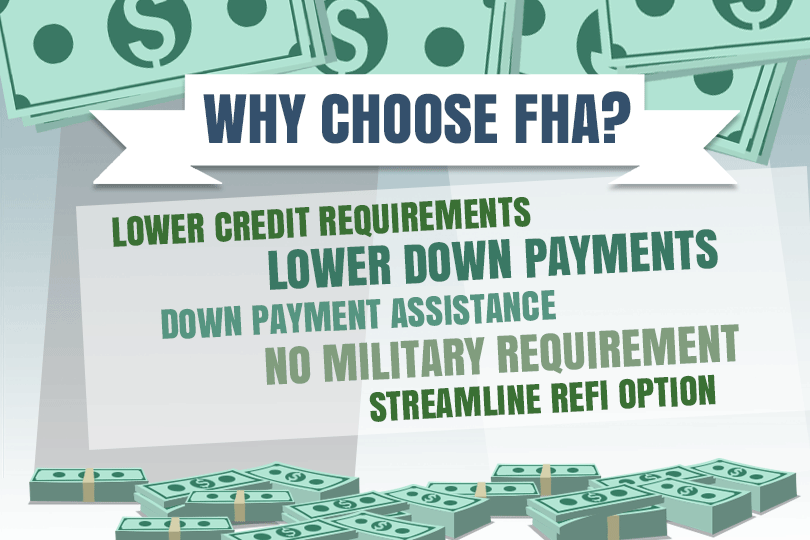Why Your FHA Loan Transaction Requires Escrow
November 12, 2024
Requirements to use escrow accounts typically stems from a need to protect all parties involved in the transaction, but particularly the following:
Protecting The FHA Lenders' Investment
Escrow accounts serve as a safeguard for lenders by guaranteeing the payment of property taxes and insurance premiums.
Delinquent taxes can result in tax liens. These liens are problematic because they assume priority over the mortgage, potentially jeopardizing the lender's financial stake in the property.
Failing to pay on time for insurance coverage exposes the property to potential damage or loss, again placing the lender's investment at risk. Using escrow protects against these problems.
Protecting Borrowers from Financial Strain
Escrow accounts help the borrower budget by converting annual or semi-annual expenses into smaller, more manageable monthly payments. Avoiding a lump sum payment is a key benefit when using escrow.
Navigating Escrow Account Setup: Fees and Costs
Lenders typically require an initial deposit when establishing the escrow account. This deposit covers the upfront costs of property taxes, homeowners insurance, or other related expenses. The specific amount varies based on the property's location, assessed value, and the time of year.
While escrow accounts generally do not incur separate fees, some lenders may impose a nominal administrative fee for managing the account. This fee, if applicable, will be disclosed in your loan documentation.
What To Ask Your Lender About Escrow
When applying for an FHA mortgage, ask your lender how much property taxes might be (estimated) for the address you want to purchase, and ask about the typical budget buyers should include for escrow.
Remember that until you buy the home and finalize your ownership, some costs, including the actual amount of your property taxes that year, may be subject to change due to regulation, state law, lender policy, or FHA loan program requirements.
Ask for estimates, but be ready to adjust those numbers if needed.

FHA Loan Articles
October 14, 2023FHA loan limits serve as a crucial mechanism to balance financial sustainability, regional variations in housing costs, and the agency's mission to promote homeownership, particularly for those with limited financial resources.
September 25, 2023Mortgage rates are hitting prospective homeowners hard this year and are approaching 8%, a rate that didn't seem very likely last winter. With so many people priced out of the market by the combination of high rates and a dwindling supply of homes.
September 19, 2023The FHA Handbook serves as a crucial resource for mortgage lenders, appraisers, underwriters, and other professionals involved in the origination and servicing of FHA-insured home loans. It outlines the policies and requirements for FHA-insured mortgages.
September 13, 2023FHA rehab loans are a specialized type of mortgage loan offered by the Federal Housing Administration that allows borrowers to finance both the purchase or refinance of a home and the cost of needed repairs.
September 8, 2023Borrowers considering an FHA loan should be familiar with some basic loan terminology. These loans are popular among first-time homebuyers and those with lower credit scores because they often offer more flexible eligibility requirements and lower down payment options.







